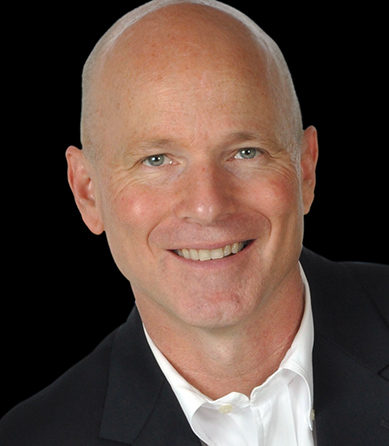James Banks (D.Min, Gordon-Conwell) makes his home in Durham, North Carolina, with his wife, Cari, where James is the founding pastor of Peace Church. James’ desire to write goes back to reading Christian devotional books at age twelve. He loves to encourage others to draw close to God through a heartfelt relationship in prayer and a fresh understanding of Scripture. James’ books have been translated into several languages and include Prayers for Prodigals, Praying Together, Praying the Prayers of the Bible, Prayers for Your Children, Praying the Prayers of the Bible for Everyday Needs, Praying the Prayers of the Bible for Kids, and Hope Lies Ahead, which he co-wrote with his son, Geoffrey. You can find teaching from James on prayer with the Praying with Jesus and Our Daily Bread University’s Prayer Basics series. James is also the author of several magazine articles, is featured in the weekly Encouraging Prayer radio broadcast and podcast, and is a popular speaker for churches and retreats. You can find out more about what James is up to lately by visiting JamesBanks.org. Books by James Banks are available through Our Daily Bread Publishing Canada.
